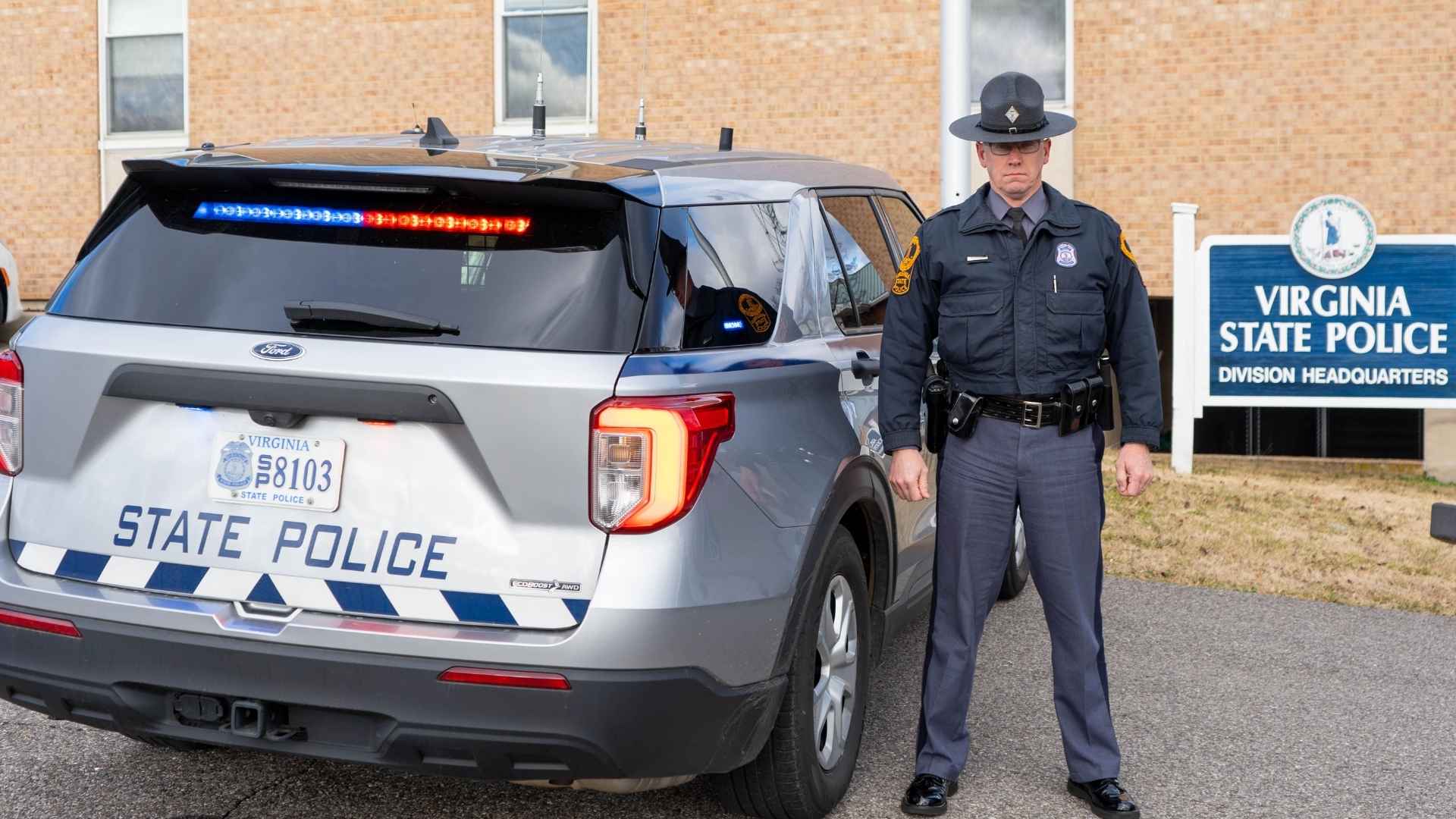From July 1, every grown passenger must buckle up or the person behind the wheel will foot the bill.
Virginia motorists are now legally responsible for any adult in their car who decides to ride without fastening a seat belt. The rule, signed during the last General Assembly session and championed by Delegate Karen Keys‑Gamarra, took effect July 1 and slaps drivers with a $25 fine for each unbuckled rider—even those lounging in the back seat.
What drivers need to know about Virginia’s new back‑seat seatbelt fines
The update closes a decades‑old loophole that only covered front‑seat passengers. From now on, everyone aged 18 and over must “make it click,” no matter where they sit. Still wondering how the change might hit your wallet? Check these quick facts:
- Fine amount: $25 for every unrestrained adult, charged to the driver
- Scope: Applies to sedans, SUVs, taxis, ride‑shares, and family vans alike
- Rationale: 35 percent of road fatalities in 2024 involved people who skipped the belt
- National context: Virginia becomes the 35th state plus D.C. to mandate back‑seat belts
| Select states | Back‑seat belts required | Primary or secondary enforcement |
|---|---|---|
| Virginia | Yes (from July 1, 2025) | Secondary |
| Maryland | Yes | Primary |
| North Carolina | Yes | Primary |
| New Hampshire | No (adults) | N/A |
Pretty straightforward, right?
How secondary enforcement works and why police cannot stop you first
Because the measure is secondary, troopers can’t pull you over solely for a loose strap. They must notice another violation—speeding, a rolling stop, a busted taillight—before adding the belt ticket on top. Consequently, safe driving habits still matter.
Virginia’s seat‑belt upgrade arrives alongside a pack of 2025 traffic changes: daylighting rules in California, tougher street‑racing penalties, expanded phone bans in Colorado and Missouri, and a Kentucky vision‑test requirement, to name a few. First, however, the commonwealth is betting that a simple $25 pinch will nudge riders to buckle up and cut crash deaths.
Officials will track compliance through DMV crash reports over the next year. If numbers drop, legislators hint the law could move from secondary to primary status, letting officers stop vehicles solely for belt violations. After all, how many fines does it take before the click becomes automatic?

